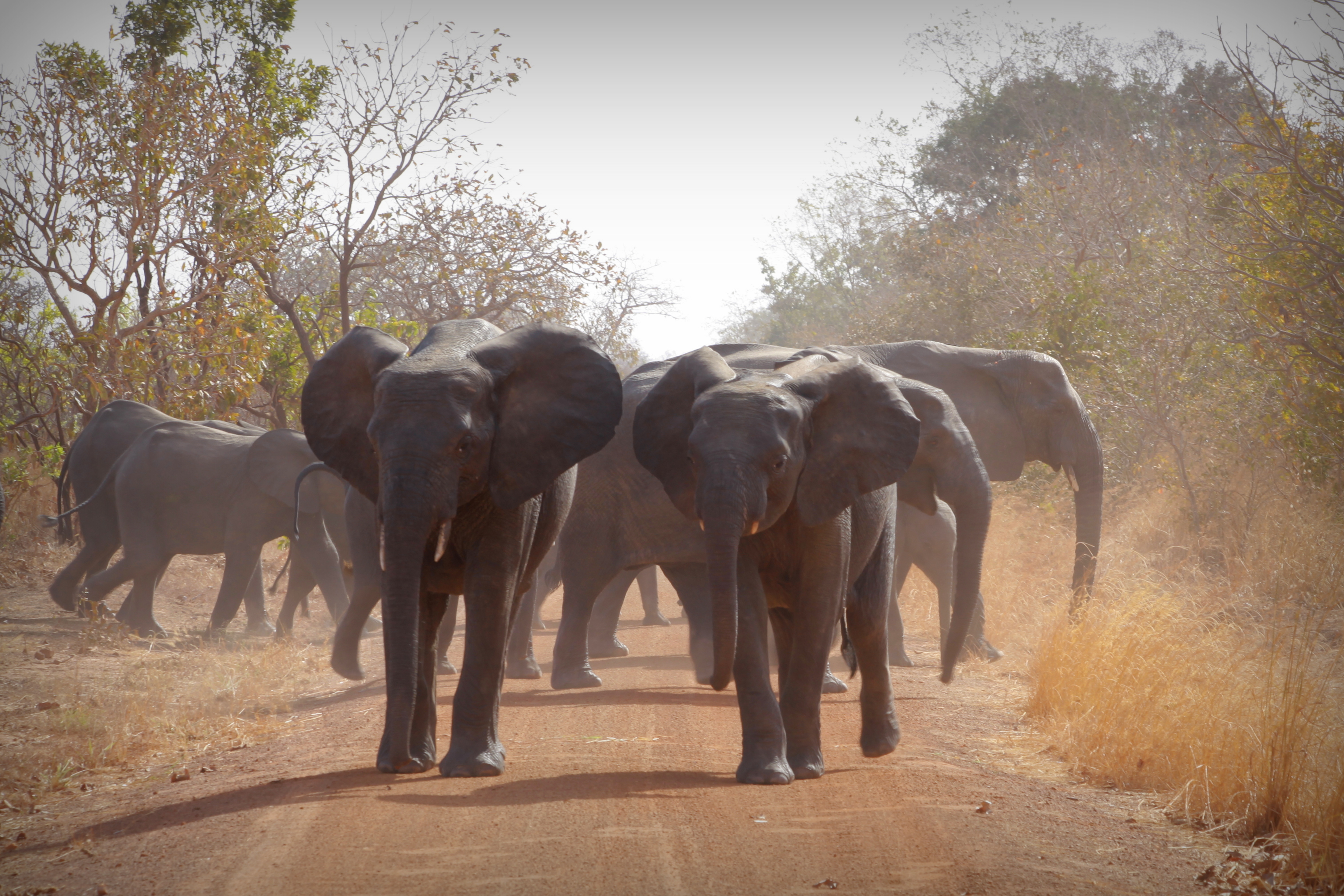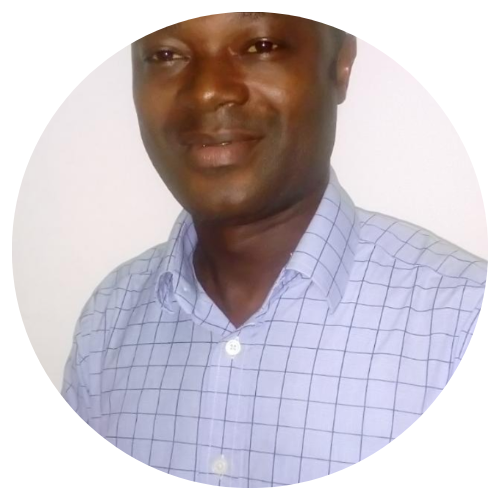
Interview with Oularé Tamba Fatou, Director of the NGO ACPE in Guinea
Published on 12 July 2023
1. Mr Tamba, you are the Director of the NGO Action Citoyenne pour la Protection de l’Environnement (ACPE) in Guinea and your NGO has been selected to receive funding from the PPI for the period 2023-2025. Can you tell us a bit about your organisation, its purpose and what led you to apply to the PPI ?
The NGO Action Citoyenne pour la Protection de l’Environnement (ACPE) is a civil society organisation under Guinean law. It was set up at a time when the former employees of the international organisation Wara Conservation Project were to be taken on by the NGO EAGLE, in accordance with an agreement between the two institutions to avoid the loss of jobs at the end of the programme of the institution piloting the GALF (Guinée Application de la Loi Faunique, 2012-2020) project at the time. After the failure of this proposal between the parties, the staff in place decided, in 2020, to create a local organisation in order to perpetuate the achievements of the Wara Conservation Project on the themes of biodiversity conservation in Guinea. Ongoing exchanges with the director of the Wara Conservation Project provided us with information about a new PPI funding programme that had just been launched. As a result, the ACPE, through its staff with expertise in the fight against poaching and illegal trafficking of endangered wild animals, designed the “Support for the fight against wildlife crime” (ALCRIF) project to bid for the contract. Despite efforts to combat poaching and the transnational illegal trade in endangered wild animals, the phenomenon continues unabated in Guinea.
2. During the project writing phase, you benefited from on-site and remote support from a capacity-building coordinator. Can you tell us how this went and what you are getting out of it today?
In January 2023, the NGO ACPE welcomed Aurélien Garreau, the person in charge of capacity building for the PPI for the Atlantic seaboard area, to its premises, as part of the design of the complete project in accordance with the PPI submission plan. Consulting support was then provided remotely until the project was submitted.
These days of exchange and guidance were not only enriching but also beneficial for the ACPE, which has now been selected from among the many other applicants for the grant.
Today, this assistance continues to strengthen the NGO’s knowledge of how to manage partnership relations and collaboration in the implementation of projects financed by a donor such as the PPI. All of this is thanks to the facilitator’s mastery of the content during the writing phase, and above all his willingness to listen to the organisation’s various concerns.
3. An NGO is an organisation in constant evolution, living in an ecosystem of specific players where each has a role to play and has a positive or negative impact on the others. Do you have any particular expectations of a partnership with a programme like the PPI for the development of your NGO?
The NGO ACPE is still young but very ambitious. We would like to strengthen the capacities of our staff through training on various topics that have yet to be prioritised thanks to the support of the PPI. The aim is to equip the NGO with competent and competitive managers in the fight against wildlife crime in Guinea and in other areas such as the financing of other projects to be set up by the ACPE. Support from the PPI will also help the organisation to develop its partnership relations with other national and international partners in terms of conservation and biodiversity policies.
4. Finally, how do you see Guinea in 50 years’ time in terms of biodiversity, and if you had a magic wand, what are the key things you would do to get there ?
The dream of the NGO ACPE in 50 years’ time is for Guinea to be a pilot country and leader in the sub-region and in Africa in terms of biodiversity protection. With the support of partners such as the PPI, ACPE will develop projects that meet identified needs and whose implementation on the ground will have a considerable impact in terms of reducing the illegal trafficking of protected wild animals.
If I had a magic wand, I would use it to anticipate the process of implementing the recommendations of the International Convention on Trade in Endangered Species of Wild Fauna and Flora (CITES) in a participatory and inclusive approach to ensure a rapid lifting of the sanction imposed by the said Convention on Guinea since March 2013. This would enable us to support and encourage all bilateral and multilateral partners in a transparent way in terms of promoting good governance and thus making sustainable development a reality.